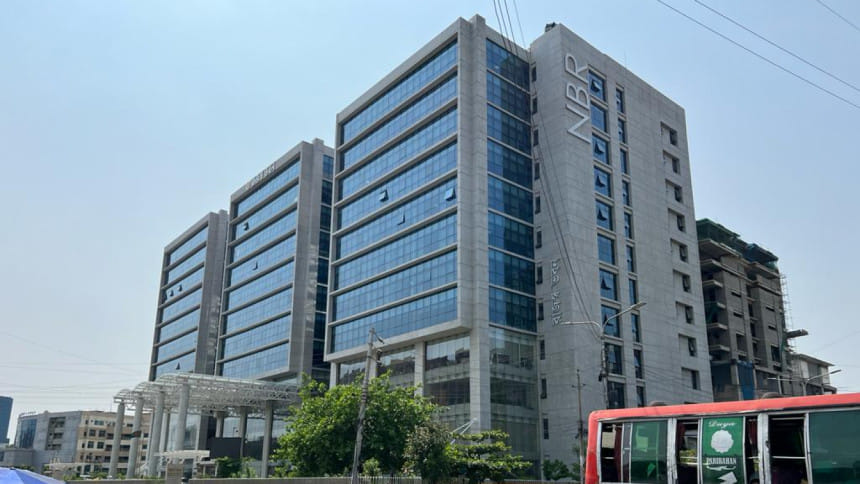Removal of tax exemptions to boost revenue by Tk 30,000cr

The government can generate additional revenue of Tk 30,000 crore in the next fiscal year of 2024-25 if it reduces existing tax exemptions for various sectors, according to a noted economist.
"It is not possible to increase the tax-GDP ratio to 15 percent without reducing tax exemptions," said Ahsan H Mansur, executive director of the Policy Research Institute (PRI).
This is currently the fastest way to increase revenue generation, he told a press briefing at the PRI's office in Dhaka yesterday.
However, he did not explain in detail the exemptions.
Bangladesh's tax-to-GDP ratio stands at 8.4 percent, one of the lowest in the world, despite rising per capita income.
Revenue generation needs to be increased for the implementation of the entire fiscal policy, he said.
"It will not happen with the management (procedures) of the British period. For this, fundamental reforms are needed," he said.
The government is now on a new tenure and it is high time for fiscal reforms, said Mansur. "But we don't see any sign (of it) yet," he said.
The budget for the upcoming fiscal year will be placed soon and it should reflect the reforms, he added.
A delegation of International Monetary Fund (IMF) had made some suggestions for the next budget during a recent visit to Bangladesh.
One was for the National Board of Revenue (NBR) to restructure personal income tax slabs and increase the tax-free income limit to Tk 5 lakh from the existing Tk 3.5 lakh.
"It will be logical," said Mansur.
Political uncertainty has dissipated following the national elections, for which now is the right time for major reforms, said MA Razzaque, research director of the PRI.
He also suggested increasing taxes on the wealthy.
At the event, the PRI presented findings of a study titled "Connecting fiscal policy changes to economic outcomes: Evidence from a quantitative exercise".
"Bangladesh would receive an additional Tk 65,000 crore in tax revenue if the tax revenue collection increases by 2 percentage points through expansion of the tax net and compliance with regard to personal income," it said.
As a result, the country's tax-GDP ratio will stand at 10.4 percent, it said.
If the government invests this additional revenue in different sectors, it will increase gross domestic product (GDP) growth by 0.2 percent, the PRI said.
If this money is realised, it will help meet the conditions of the IMF over collecting an additional revenue of 0.5 percent of the GDP.
The estimate comes at a time when the government continues to struggle to raise adequate revenue although the number of people with taxable income has gone up in line with the country's steady GDP growth.
Raising taxes has become necessary for the government since it has to meet the IMF's conditions attached with the latter's $4.7 billion loan programme.
The study said the increase in corporate income tax would have a weaker impact on growth but would improve household income and consumption, particularly among poorer households.
Due to inflationary effects, an increase in value added tax (VAT) revenue will have a negative impact on economic growth, as well as household income and consumption, said Bazlul Haque Khondker, director of the PRI, while giving a presentation.
"VAT reform is still required, but tax increases should focus more on personal income," he said.
With regard to VAT, the focus should be on reforms and eliminating inefficiencies through the implementation of strategies laid out in the original VAT Act of 2012 rather than simply tax increases, he added.
Zaidi Sattar, chairman of the PRI, chaired the event.

 For all latest news, follow The Daily Star's Google News channel.
For all latest news, follow The Daily Star's Google News channel. 









Comments